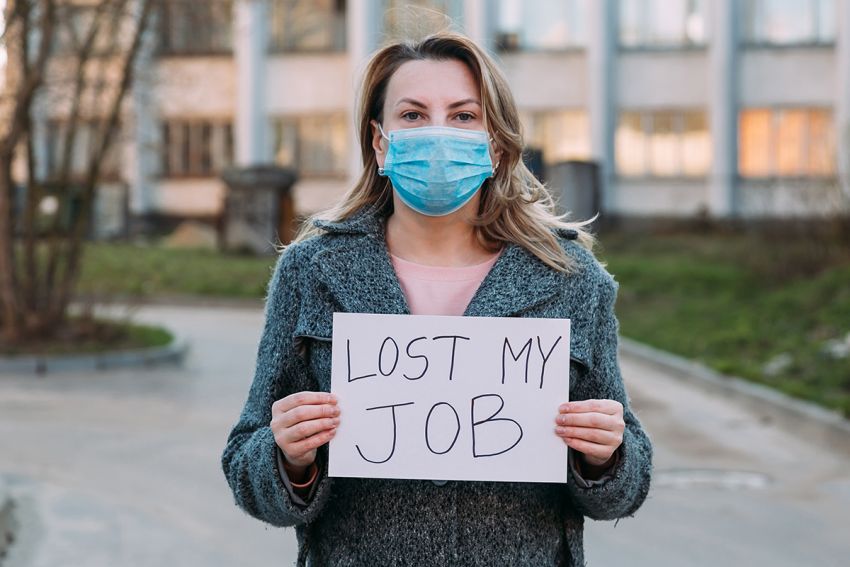
The Australian Council of Social Service (ACOSS) has again called on the federal government to permanently raise the JobSeeker rate after its September 28 announcement to discontinue disaster payments to people without work due to lockdowns.
The government is scaling back the payment according to vaccination rates, with the amount to go down as states reach 70% vaccination coverage and to end fully once 80% coverage is reached.
ACOSS CEO Dr Cassandra Goldie said on September 29 it is “unconscionable” to use vaccination rate data as the mechanism to cut off income support to people without paid work.
She said as many as 1.7 million people currently receiving disaster payments in New South Wales, the ACT and Victoria will end up on the “grossly inadequate” JobSeeker payment.
Some, like ACT Chief Minister Andrew Bar, point to the JobSeeker payment of $45 a day as a “safety net” for those without work — less than half the $750 a week disaster payment.
ACOSS also wants the base rate of JobKeeper lifted to a base rate of $67 a day.
Goldie said that the end of the payments “will leave others with no income at all, including people on temporary visas who are ineligible for JobSeeker and other income support”.
People on temporary visas, including international students have been left out of government support programs since the start of the pandemic.
“Snap decisions like this hurt people on lowest incomes,” Goldie said. “People won’t be able to pay their rent, afford food and cover the cost of other essentials. The mental health consequences are serious.”
There is no incentive from the government for businesses to keep workers on, or to hire more workers. As the disaster payments are removed, jobs will not be available for those who are unable to survive on little or no income.
ABC’s Gareth Hutchens pointed out on September 29 that the government’s vaccination targets do not apply to the whole population. “When the government talks about fully vaccinating 70 per cent of people aged over 16 years, it’s really only talking about having 56 per cent of Australia’s entire population vaccinated.” This is because only 20 million are aged over 16.
Children under 16 and people with disabilities are not included in the vaccination numbers.
Moreland Socialist Alliance councillor Sue Bolton said the government’s move to force recipients to re-apply each week for the disaster payment at 70% vaccination levels and stop payments at 80%, risks plunging thousands of people into poverty.
“As we emerge out of lockdown, maintaining an adequate social safety net at liveable levels is crucial,” she said on September 30.
Bolton said the federal government’s plan is forcing the most vulnerable into greater insecurity.
“It is not as though recipients of the Disaster Payment will simply have their jobs reinstated once lockdowns end,” she said. “Restrictions will remain in place and capacity limits will mean many won’t be able to work, or will have hours reduced, through no fault of their own.
“People will still not have work due to public health restrictions, yet will not have access to a specialised payment.”
Bolton, who is standing for the federal seat of Wills, said people needed to be able to access the disaster payment while they were out of work, or on reduced hours because of public health restrictions.
“We call for all welfare payments to be lifted above the poverty line, and indexed to maintain real value.”
Ultimately, the decision to remove the disaster payments is Canberra’s attempt to force the states to re-open, regardless of the health advice and economic practicalities of re-opening.